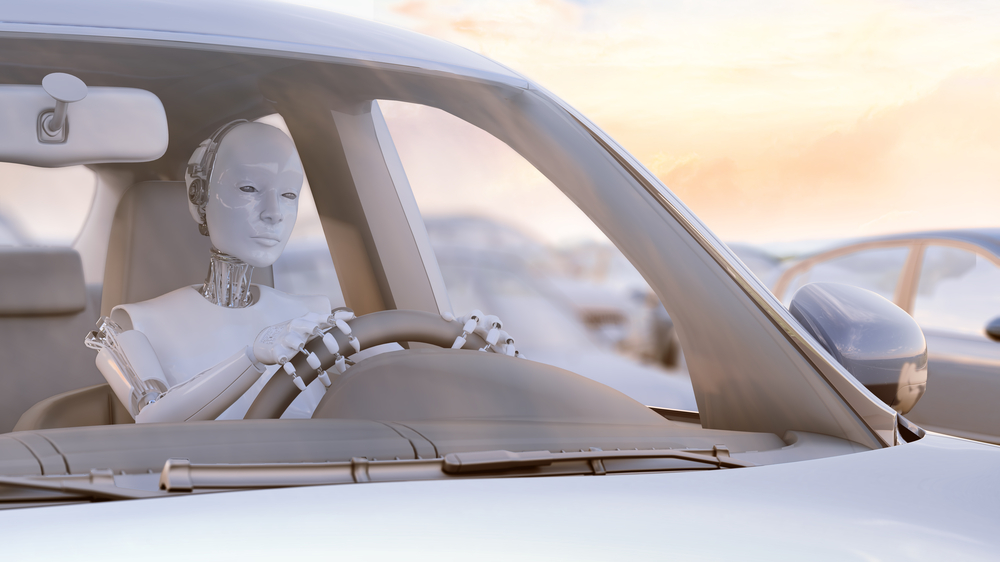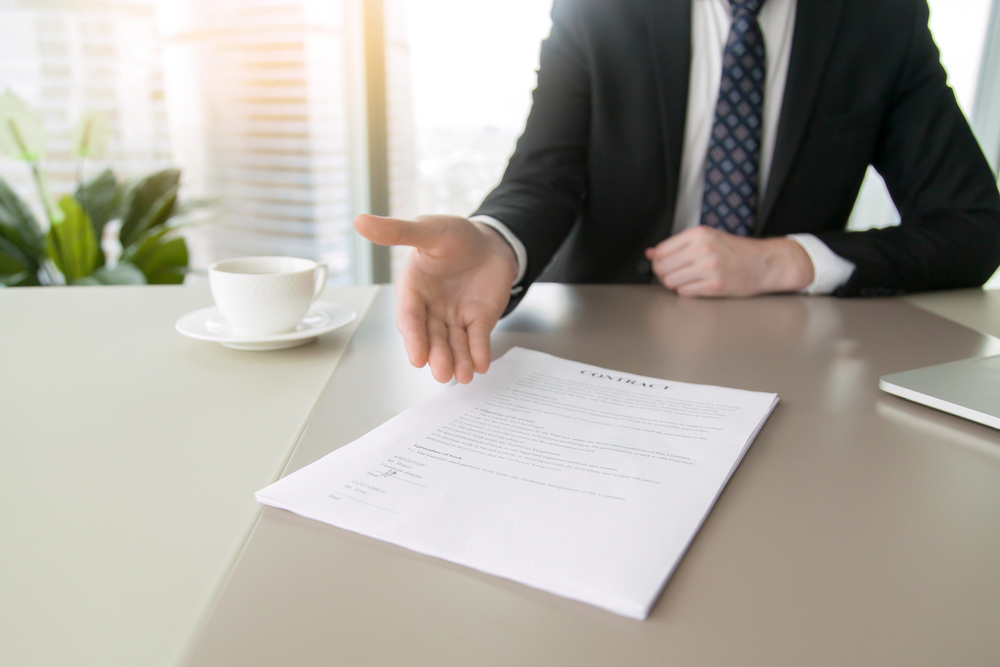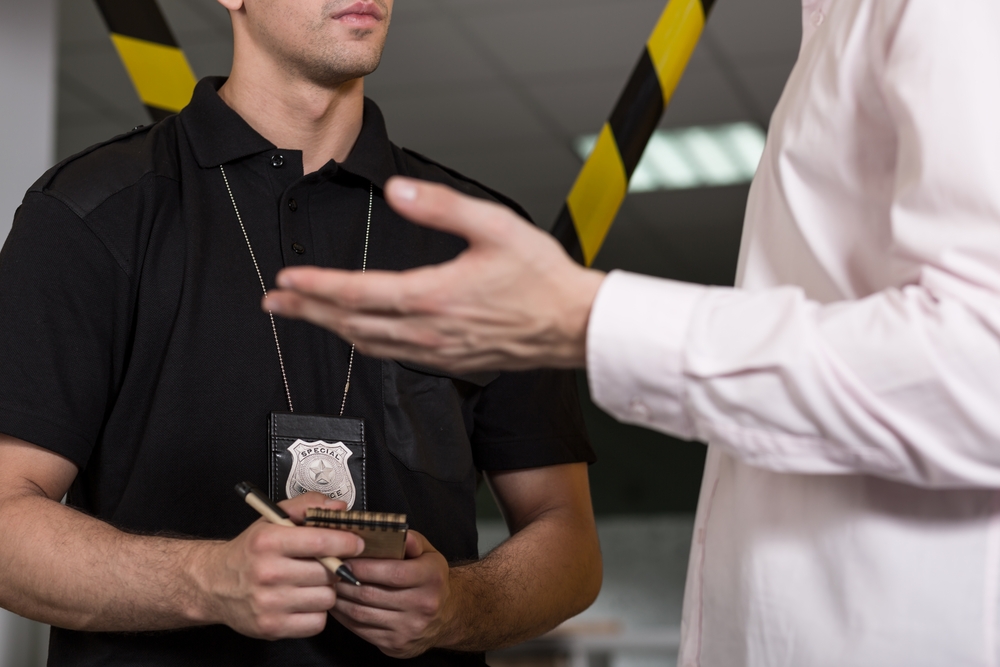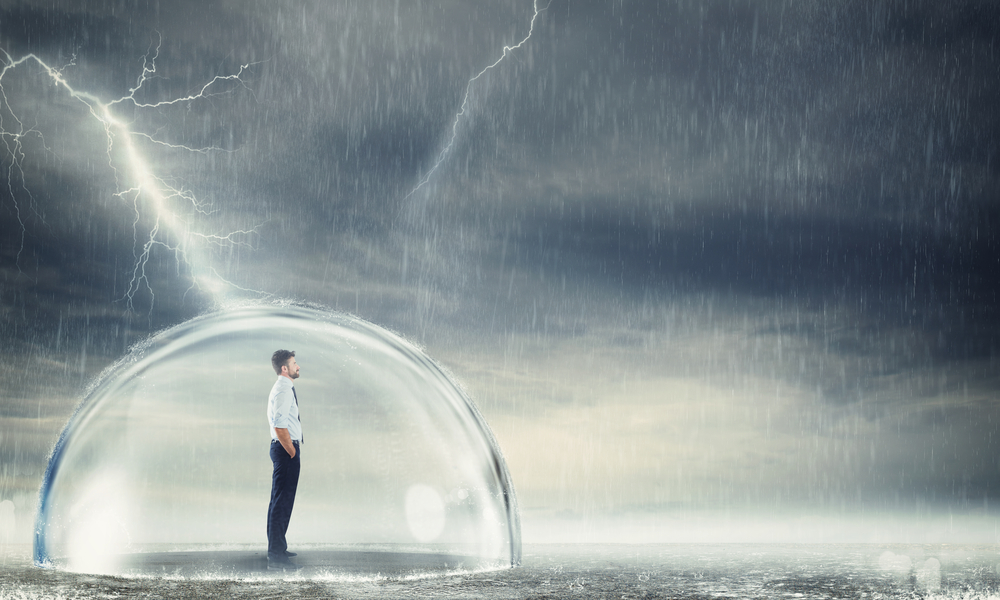Unmasking Liability: Who Can Be Held Responsible in a Driverless Car Accident?
In the realm of technology, driverless cars, or autonomous vehicles, have brought about a revolution, ushering in what many believe to be the future of transportation. However, with this exciting advancement comes a new set of legal complexities, particularly when it comes to car accidents involving these vehicles. At Tucker Law, our wealth of experience as accident attorneys allows us to shed light on these complexities. Today, we'll be answering a question that is becoming increasingly relevant: Who can be sued when a driverless car causes an accident? 1. The Vehicle Manufacturer As it relates to autonomous vehicles, the line between a car manufacturer and a tech company is blurry. If a defect in the vehicle's design or manufacturing process led to the accident, the vehicle manufacturer could potentially be held responsible. 2. The Software Provider Driverless cars operate using advanced software and AI systems. If it can be proven that a software error or malfunction caused the accident, then the software provider or developer might be held liable. 3. The Human Operator or Vehicle Owner While the car may be 'driverless', human oversight is often still necessary for these vehicles. If the accident occurred because the human operator failed to intervene when they should have, they could be held liable. Similarly, the vehicle owner can be held responsible if they failed to maintain the vehicle properly or ignored necessary software updates. 4. Other Parties In some situations, other parties, such as rideshares could also be held liable. For example, a city or state might be sued if poor road conditions or ill-kept traffic signals contributed to the accident. Navigating the legal landscape after a driverless car accident can be confusing due to the multiple [...]






